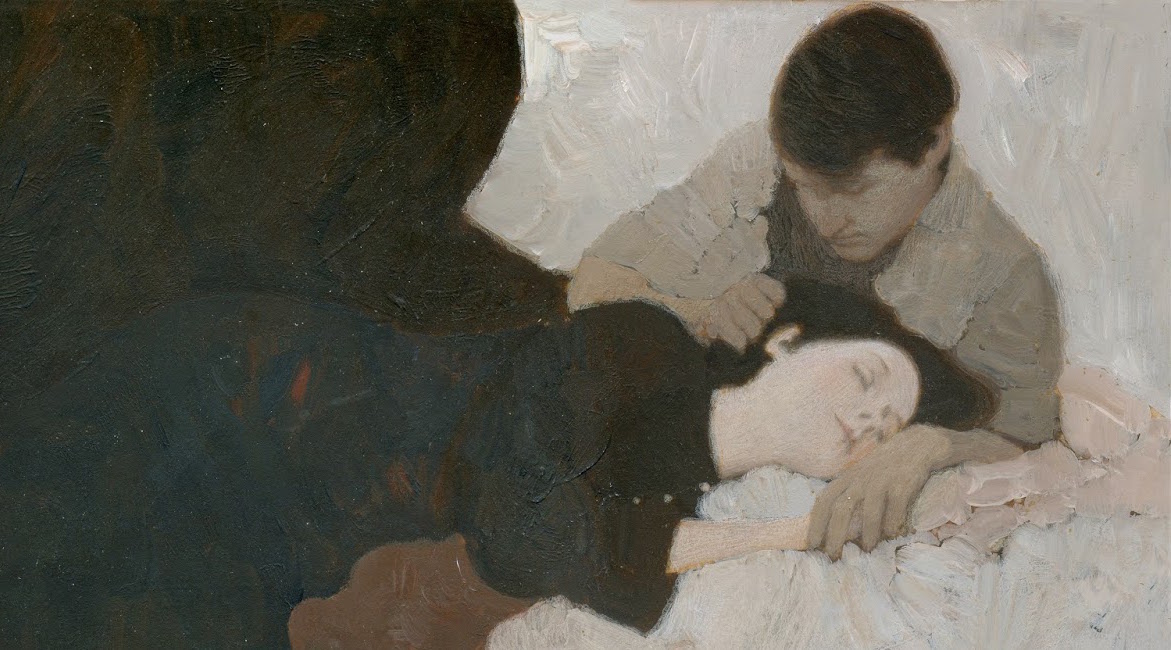Love ≠ motivation

You know when you see it. It’s literally everywhere. There is a lead male protagonist and a lead female protagonist, and they somehow become a couple at the end, even if they had zero chemistry. So many authors add a romance subplot when their story doesn’t need any. It’s an irrational tradition at this point.
Don’t get me wrong, sometime the plot is about love. It’s absolutely fine to have a romance in a movie about love.
But I’m talking about those random romance subplots when the plot is definitely not about love. Why do they exist there?
Motivation substitution
Imagine you’re in a process of creating a fictional character. And every character needs to want something, so they can start acting and make the plot move forward. But imagine you’re not a great writer, and you don’t know what your character might want. What are you going to do?
That’s right, you add some love. It’s easy, because it supposedly doesn’t need any reasoning — love just happens to the character, and here they are, having a motivation to help their loved one. It’s a shame when a character has no reasons to do what they need to do for the plot; and yet it’s supposed to be perfectly fine when it’s replaced with love, but it’s the same convenient magic as if the character had an unexplainable feeling that they need to go a certain way. ‘They just feel it with no reason’, ugh.
Internal and external love
Characters need inner motivation so they are relatable for viewers and readers, and we can see a human being in fiction. When a character does something because they feel that way and the feeling is their own, we believe in said character, they’re real to us. But when the feeling they are supposed to have is external and then put in the character’s head, it’s artificial. See it as passive and active actions — it’s either something that just happens to the character, or something the character does to themselves.
I’ve mentioned it a bit in the ‘Hacksaw Ridge’ vs ‘Generation Kill’ article.
Compare two examples:
- A soldier wants to survive so he can go back to his wife, and we have no idea why he loves her — an external reason.
- A soldier wants to survive because he’s afraid of dying, and he also has a wife — his own emotions.
The former soldier doesn’t have his own will to live, apparently. I’m tired of ‘soldier looks at a picture of his smiling wife’ moment. Why can’t we have an actual human being who has their own feelings?
Ironically, love can actually be the internal motivation, but more often than not it’s the external one. If your character loves someone, there has to be a reason for it. Why does one find another attractive? Are they looking for any approval? Do they want to prove something to themselves? Do they have a similar worldview and vibe together? Do they have an opposite worldview and they believe they can “fix” their love? Do they have a savior complex? Do they believe they have to love someone just because of the pressure from their parents and friends?
There are so many reasons for love, don’t let it just happen. Even if the character falls in love without a reason, there has to be a reason for no reason. We’re not watching real life — it’s a fictional story, and everything you decide to put into it should have a purpose.
Spy thrillers
Such an interesting genre, but sadly it suffers from the unexplainable love the most. I expected to see moral dilemmas and hesitation, but instead it’s the same every time — a spy fails to do their job because, oh no, they fall in love with an enemy. Not because their values shift, not at all. The love interest makes them to shift, and the protagonist becomes a puppet with no agency. I’m here for mind games, and wits, and work under stress, but it all disappears because they love each other and will never betray their love. Oh. I wonder how much of it is that the author didn’t know how to make the protagonist switch sides, or they just really liked an idea of an empathetic protagonist they’ve created and couldn’t make their morals even slightly gray.
Character dynamics
Every two characters should have an interesting dynamic between them. Many authors would assume it’s either love or indifference, but it’s a false dichotomy.
Obsession, admiration, dependency, hatred, betrayal, parenting, imitation… I have a list, lol. There are so many options, but a lot of authors still choose love. It just happens so it doesn’t need any explanation, they think; but it’s a wrong assumption. First, it does need an explanation anyway; and second, imagine what you could do with all those dynamics that intertwine. So many possibilities for interesting situations, and they flow smoother. The feelings don’t have to be strictly rational, but they have to be psychological. In this case, different relationships between different characters show their deeper desires (that they may not realize themselves) better than any monologue.
Conclusion
Unnecessary romance subplots are so common we as readers and viewers don’t even think it can be any different. I would like to see characters’ deeper personal motivation, not another ‘uh-oh, it just happened to them’. Every time the plot pace is interrupted for a love pause, I doubt the story’s worth it. If the author did a digression once, do I really believe in their ability to write a cohesive plot where every scene matters?
Trust me, when I write my own story, I’ll add the most genuinely platonic dynamic between a man and a woman in the most romance assuming place possible.